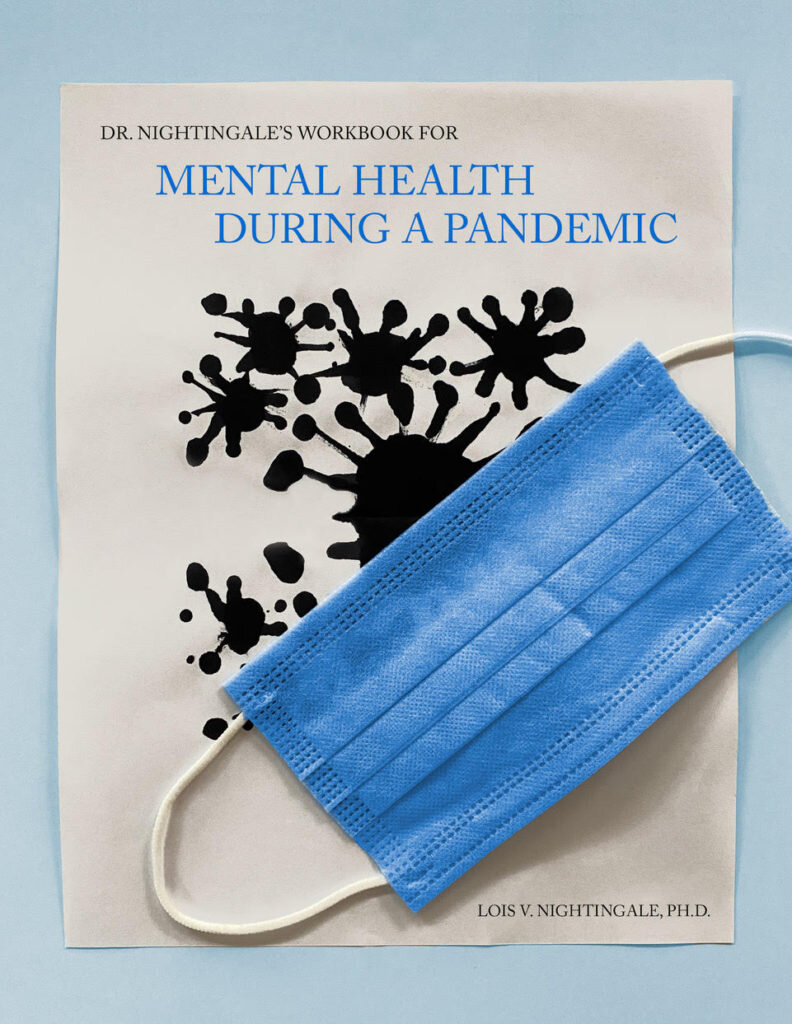Model How to Cope with Stress for Your Children
What are you teaching your children in difficult times?
Children remember what parents modeled during times of stress. These unspoken lessons often become the unconscious habits they resort to as adults when encountering unexpected emotional blows.
You might even notice in yourself that in times of great stress you revert to those annoying coping skills once used in front of you by your own parents. Multi-generational habits are hard to break, but it is possible.
To model the skills you would like to make available to your children in tough situations you must pay attention to your reactions and view them through the eyes of your child. What might seem a very reasonable response to you as an adult, viewing the larger picture, may seem very frightening or confusing to a child. Children react to anger with fearfulness but interpret humor and playfulness as safety.
Tips for Modeling Stress Management for Your Children
Say things you are grateful for daily out loud in front of your children.
Speak about the future with hopefulness.
Tell stories about times you or your family has overcome adversity.
Let your children know how lucky you feel to have them.
Compliment yourself in front of your children for accomplishing things that were
Teach and model your spiritual beliefs.
Teach your children the excitement of doing things that are not driven by commercialism, i.e. being in nature, participating in creativity, contributing to those less fortunate, and activities that foster closeness and playfulness such as games or looking through photo albums.
Spend time with positive friends so your children get to be with you rejuvenated after you have vented to adult peers.
Help kids see the opportunity in challenges. Model this.
Express genuine curiosity about their lives.
Laugh out loud with them every day.
Do physical activities with them like walking, basketball, tennis, swimming, etc.
Eat dinner together and talk about positive things (not what you want them to change).
Make bedtime a fun calm time where you share stories, feelings and events of the day.
It doesn’t cost much to make lasting memories
Free things to do with kids:
Draw chalk pictures of events in your child’s life on cement outdoors (let them help).
Watch planes take off at a small airport.
Go to a train station, count the the trains that stop.
Visit a local Nature Center (Oak Canyon, Anaheim Hills).
Take your teen to a music store; learn about “their music”.
Make cornstarch “goo” (box of cornstarch & cup of water).
Make up fantasy fairy tales (take turns telling the next sentence of the story).
Go through old photo albums together, share stories.
Feed ducks at a park.
Eat dinner outside on a blanket.
Read books together, use silly voices.
Make an ant farm.
Blow bubbles together.
A hundred years from now the memories you made with a child will still matter.
Dr. Nightingale’s Workbook for Mental Health During a Pandemic
During times of stress and unpredictability mental health and serenity can be jeopardized. Most people have never experienced the kind of life-style changes and unpredictability that this pandemic has wrought. Watching the unrest on news, seeing the death toll increase every day, missing celebrations, even funerals, and being isolated from friends and family is taking a high toll on peoples’ piece of mind. Dr. Nightingale’s Mental Health During a Pandemic Workbook provides simple straight forward activities to support people who wish to work on their mental health and serenity during this time of unrest and uncertainty. This workbook is written to provide structure and coping skills for readers to participate in exercises that can assist them in creating peace of mind during this pandemic.This book can be used individually, in groups or with a therapist. It is intended to help focus and guide readers to develop skills and make it easy to keep track of their progress in applying the skills.


